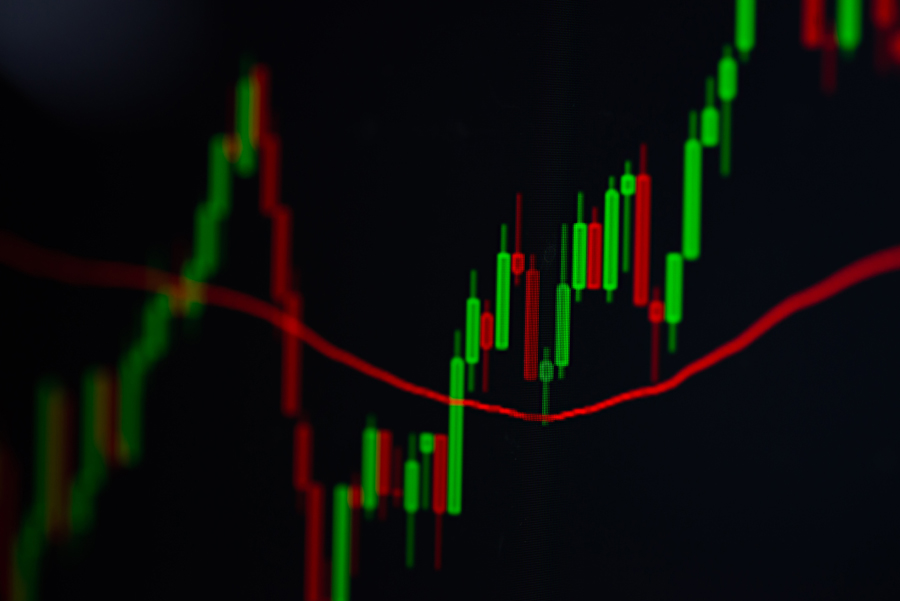Nord Stream 2 Suspension Fuels Energy Crisis

- Gazprom’s Nord Stream 2 Suspended Indefinitely
- Energy Crisis in Europe Worsens
- Renewable Tech Can Alleviate Crisis
- Solar Panels Best Solution for United Kingdom
What is Nord Stream 2?
Depending on where you align yourself, you’ll either be celebrating or mourning the indefinite shelving of Nord Stream 2; or you’ll be none-the-wiser about the situation and its energy price impact that it has.
In reaction to the decision made by Putin to recognise the Luhansk and Donetsk separatist regions and invade Ukraine, the German Chancellor ‘Olaf Scholz’ has suspended the project for the foreseeable future.
Nord Stream 2 is a pipeline project completed by gas giant ‘Gazprom’, that would’ve been used to export gas into Europe in larger volumes and faster. The pipeline was a project between the two countries, Germany and Russia.
Germany’s energy minister, Robert Habeck withdrew the ‘security-of-supply assessment’, which is a vital certification of the pipeline, meaning that the pipeline cannot go into operation.
The pipeline has been withdrawn because Russia’s actions go against international law.
How does this affect Europe’s energy and what does this mean for consumers?
The former Russian president and current deputy chair of RU security council, Dmitry Medvedev, said in a tweet: “Welcome to the brave new world, where Europeans are very soon going to pay €2,000 for 1,000 cubic metres of natural gas!”. But is this true?
Well, the average price for natural gas (according to Eurostat) is 0.0303 per kWh (1m3 gas = 10.55 kWh). That makes the average price for natural gas is €319.66 per 1,000 cubic metres. It’s unclear whether Medvedev means the price for European suppliers or European consumers. We’re going to say that he probably means consumers.
But he’s not all wrong – the price of energy is going to increase – natural gas is already up 58.03% over the last year (CNBC) and we’ve seen a massive increase in price spike in early February.
This is because of sanctions, just like the shelving of Nord Stream 2. The less gas available for consumption, to more it will cost – investors know this, and they’ll start buying shares in natural gas, making it even more expensive.
What are Europe’s options?
Solar energy presents itself as the best solution for Europe to look at. For the average UK household, you can cut your electricity bill by 15 – 25%, saving thousands of pounds on electricity and energy.
Countries such as the UK, which already has 970,000 properties with solar panels, would benefit greatly with solar energy.
The United Kingdom has been one of the worse hit, by the energy crisis with over 30 energy companies that have ceased trading, due to the increasing wholesale gas prices.
Energy Point has done extensive research and analysis into solar energy and have found that it is the most efficient and reliable renewable energy source available to Europe.“Not only are solar panels and solar energy fantastic for the environment, but they also save homeowners and consumers literally thousands on their energy bills. We’ve seen a massive uptake in solar panel installations and our solar research partners, Solar Fast have stated that customers can produce more than 3,000kWh per year for their home and increase their home value by £17,000.”Tyrese Garvie, Energy Point
How do Solar Panels work?
Photovoltaic (PV) Solar Panels, capture sunlight with PV cells and generate an electric current – this is then used to power your home. Good solar panels can last up to 25 years, if not longer.
Anyone can have solar panels installed on their home and 3.33% of UK properties have already invested in the energy and planet saving product.
Are Solar Panels the solution to the European Energy Crisis?
Yes, Energy Point have found that the best solution to the current energy crisis and to combat the rise in household bills is for consumers to invest in solar panel installations and use renewable energy wherever they can.
Currently, the UK generates 75,610 GWh of electricity from both offshore and onshore wind -enough to run 25 billion washing machine cycles. This is great, but unfortunately, not everyone can have a wind turbine in their backyard or on their roof – they can, however, have solar panels on their roof (regardless of angle).
How do you get Solar Panels?
Solar panels, batteries and inverters are very accessible to the public now and are much a consumer piece of equipment, like a boiler or a satellite dish. You can find a local installer for your solar panels by searching on google, or you can use established and cost-effective nationwide suppliers, such as Solar Fast and others.
Summary
Because of recent geopolitical and conflict events that are occurring globally and across Europe, it is safe to say that the atmosphere for natural gas and energy is going to be facing an extended period of instability.
The best course of action is for consumers to protect themselves now.





